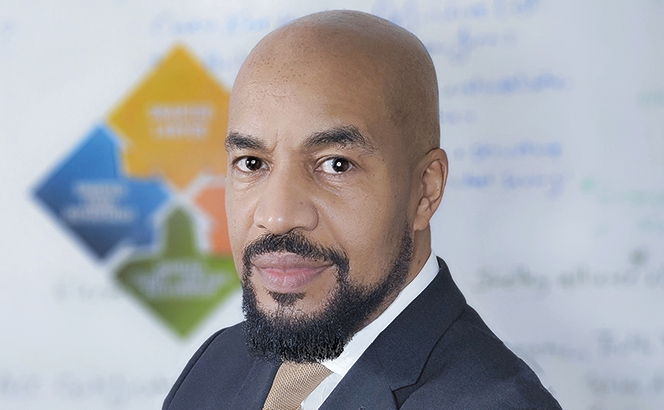
Stewarts, Mishcon de Reya and Weil, Gotshal & Manges have emerged among the top-performing law firms for client service in the UK, according to brand new Legal 500 research assessing what clients really think about their external advisers.
The trio are among a host of leading US and UK firms to have been recognised by our new research project, which is the culmination of one of the most comprehensive surveys of law firm clients ever.










